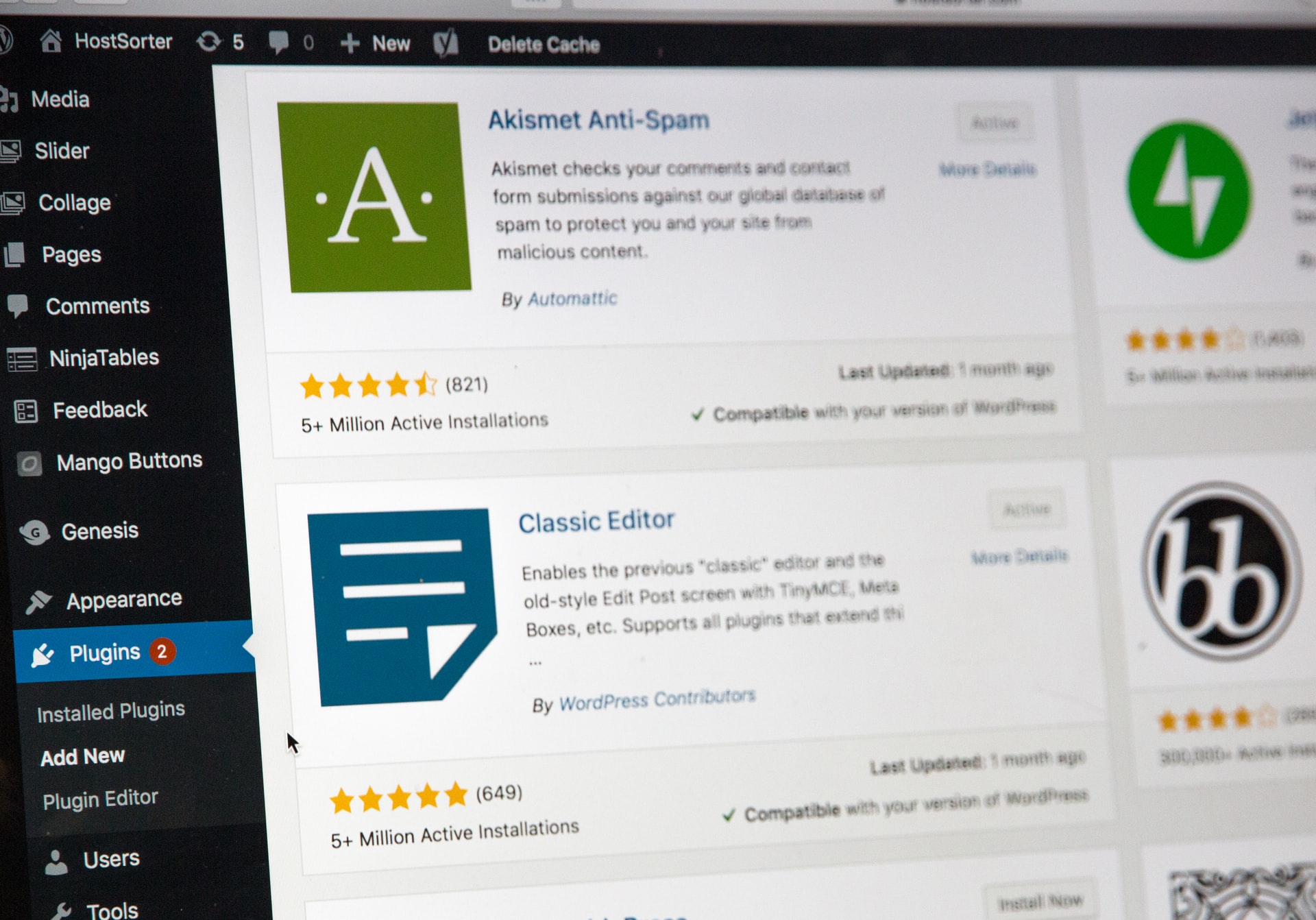WordPress has democratised the creation of great looking websites. Instead of having to code everything yourself from scratch, you can have a professional-looking website ready in just a few minutes.
Unlike other content management systems, WordPress is also infinitely extendable. Want to add a forum to your blog? No problem. Want to create an ecommerce site? WordPress can do that. Want to create a complicated quoting system with conditional forms? You can totally do that.
WordPress has a lot of features out of the box, but if it doesn’t do what you want, there’s almost certainly a plugin you can install that will make it happen. The WordPress directory has over 50,000 different options to choose from.
While all of this is incredible, there’s one other important factor that makes WordPress so useful to people wanting to create a website. It’s free.
However, there’s one thing that WordPress can’t help you with. If you want a mobile app, you’ll need to create it another way.
But do you really need an app, or with a dynamic website that looks great on a smartphone work just as well? Well, it depends on what you want to achieve.
Functionality
One of the biggest factors to consider when deciding between a website and a mobile app is the functions you need it to perform. For example, if all you need to do is display information to users, then a website is likely your best bet.
However, if you want to create something that’s interactive, works full screen on a mobile device, and takes advantage of hardware features like the GPS receiver and accelerometer, you’re going to need an app.
For example, mobile games like PokerStars and Words With Friends require players to download apps to their device before they can use them. However, services like Amazon, IMDb, and the BBC can all be accessed through a mobile browser.
Notifications
Websites can now be set up to send notifications to users through functionality built into web browsers like Google Chrome and Firefox. This is limited though as the user will see the browser’s icon and name in the notification, making it harder to brand the notifications. Interactive options such as smart reply also don’t work with web notifications.
If you need to send your users regular updates through push notifications, then you’ll likely want to develop an app.

Accessibility
Mobile apps offer a lot of extra functionality over websites, but they come with a significant drawback when compared to websites. If you put your content inside a mobile app with no other way for it to be accessed, you severely limit the number of people that can access it.
A website can be visited by almost anyone with an internet connection, giving you a significantly larger audience than you’d have with an app.
Alternatively, you could copy Reddit’s approach and make the service accessible through both a mobile browser and the official app but make the user experience through the latter much more pleasant. In 2020, Android Police reported that the company had surpassed 50 million Google Play downloads and broke down all of the ways it appeared the mobile web version was deliberately degraded. It’s desktop site still works fine though, making its content accessible on both platforms.
Cost
The cost of developing a mobile app can vary greatly depending on what features you need to be included in it. However, according to MLSDev, the price tag for a “simple app” was around $60,000 in 2020. If you want something more complex, you’ll be looking at closer to a quarter of a million dollars.
In contrast, a website can cost less than 1% of this. In fact, using a WordPress theme and a little bit of your own time, you can create a website for next to nothing. This is great if you want to try out an idea without committing too much capital to it or you’re bootstrapping your business and need to keep costs down.
Apps and websites are both great options, but you will find each works best in certain circumstances. So you’ll need to decide what you want before you commit down a particular path.

